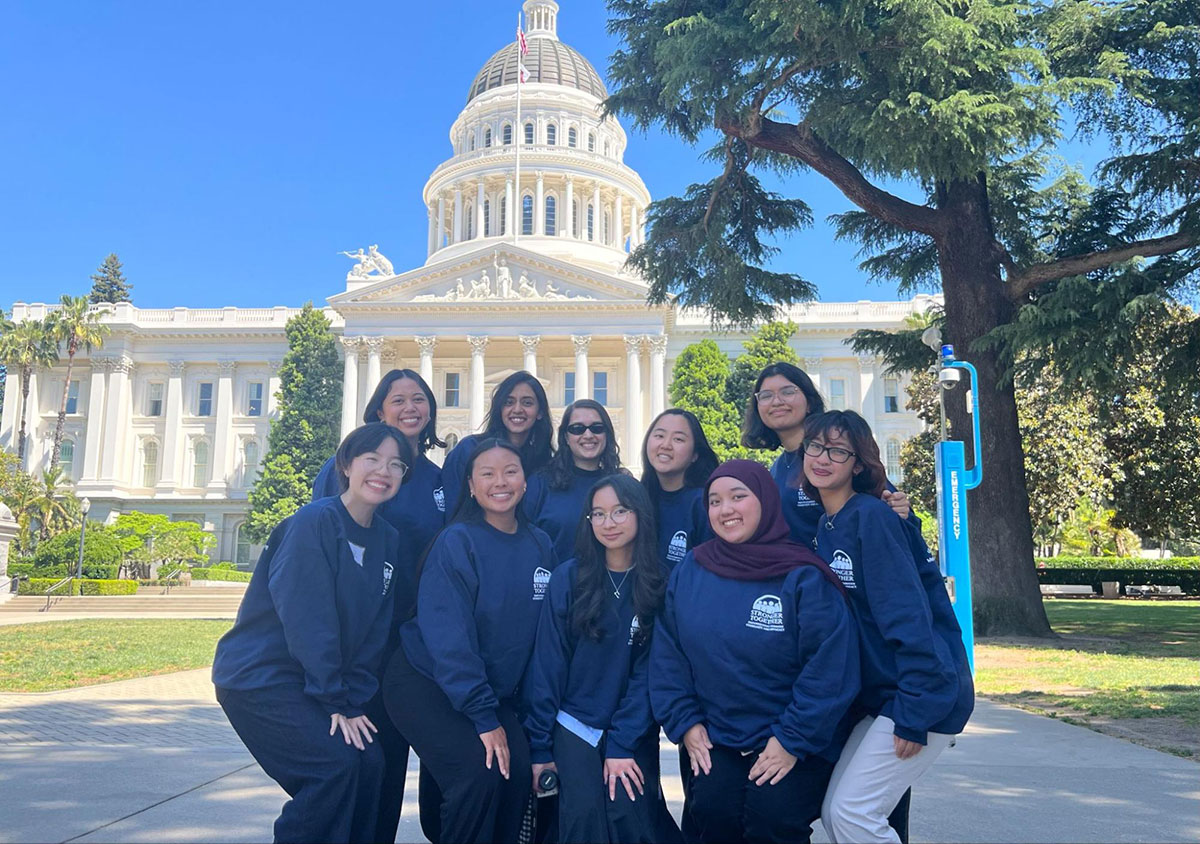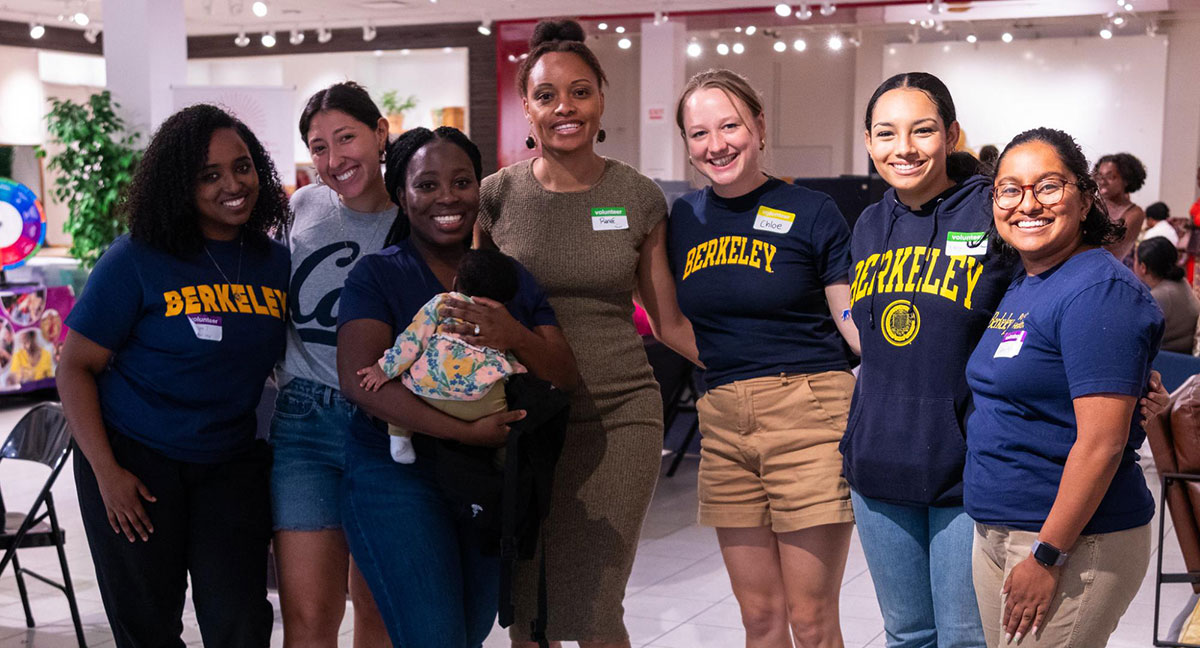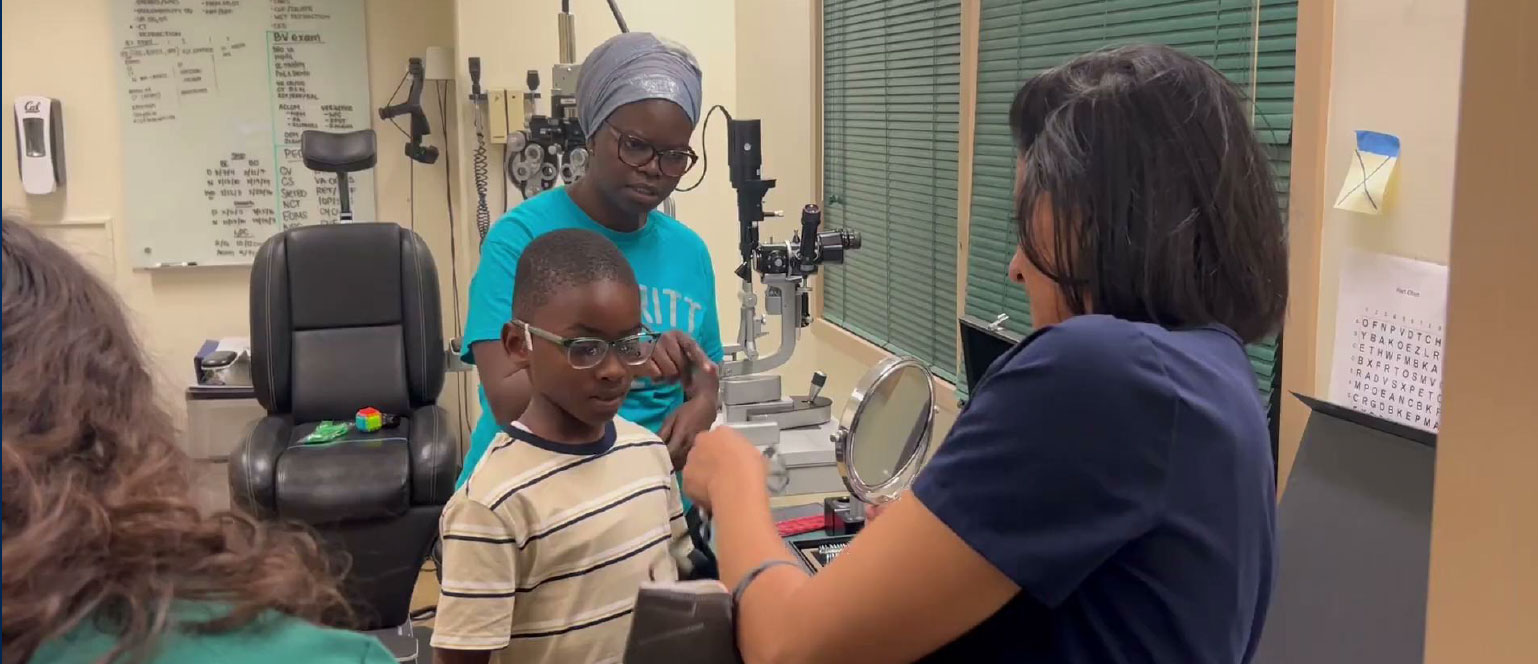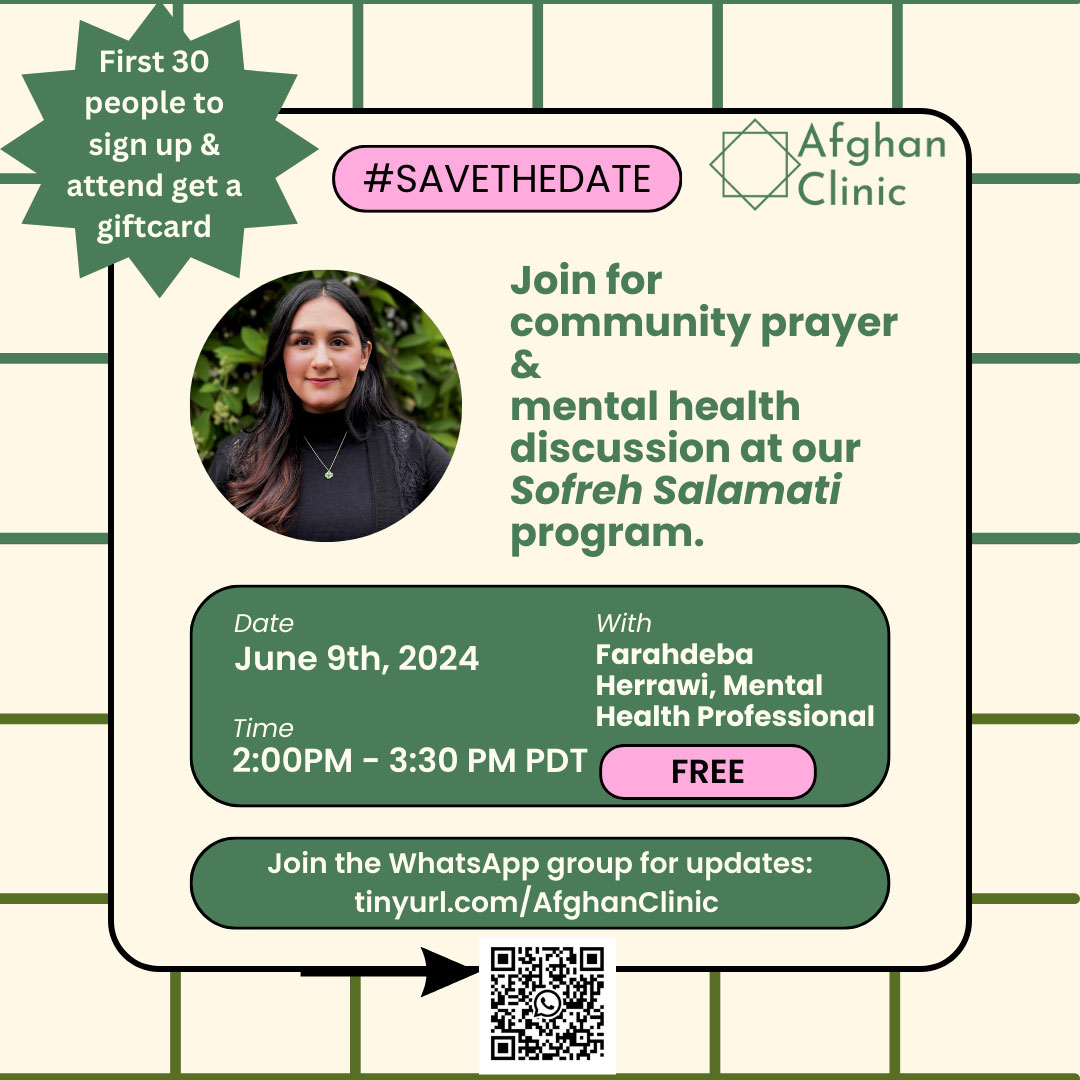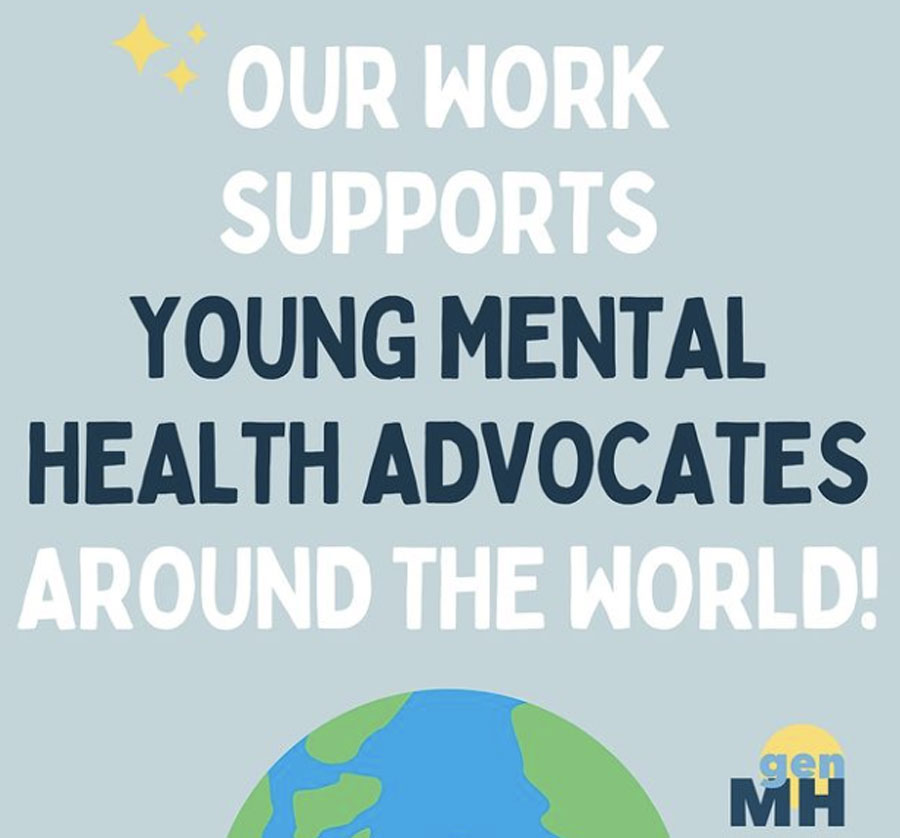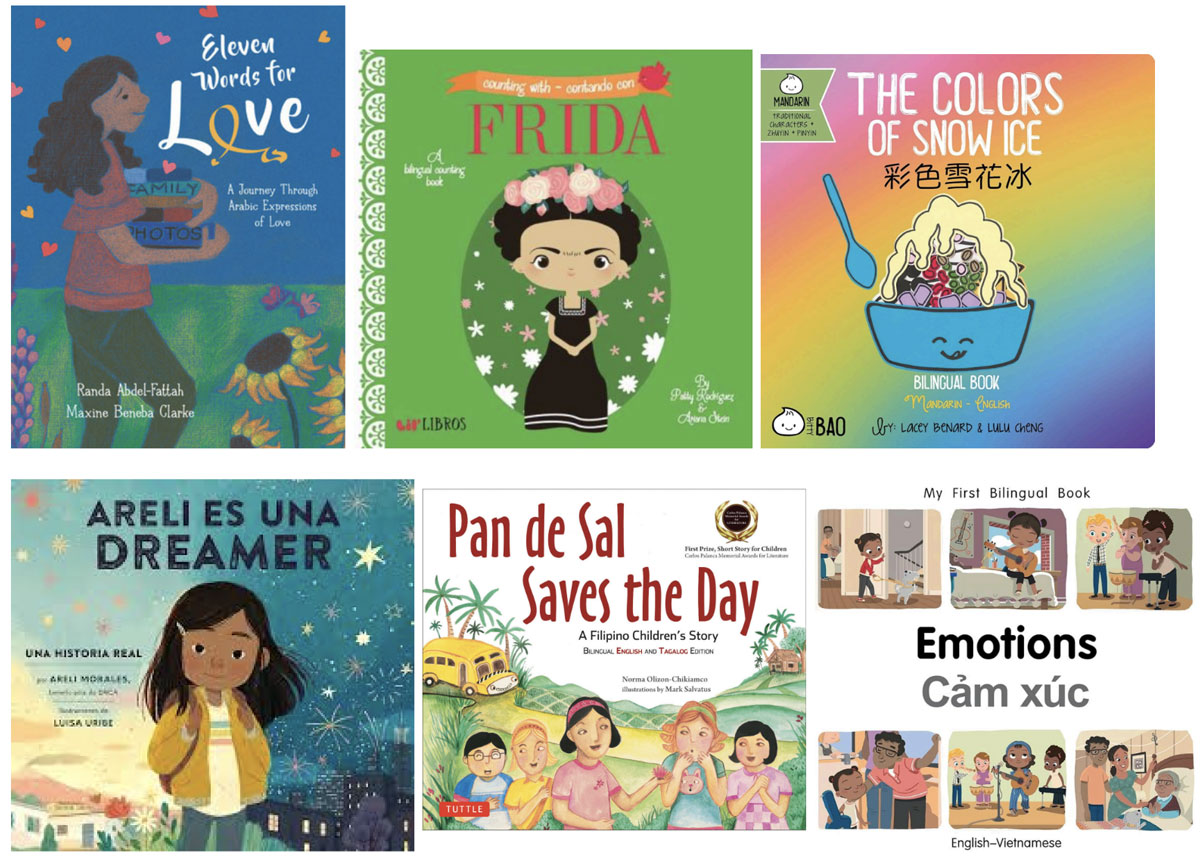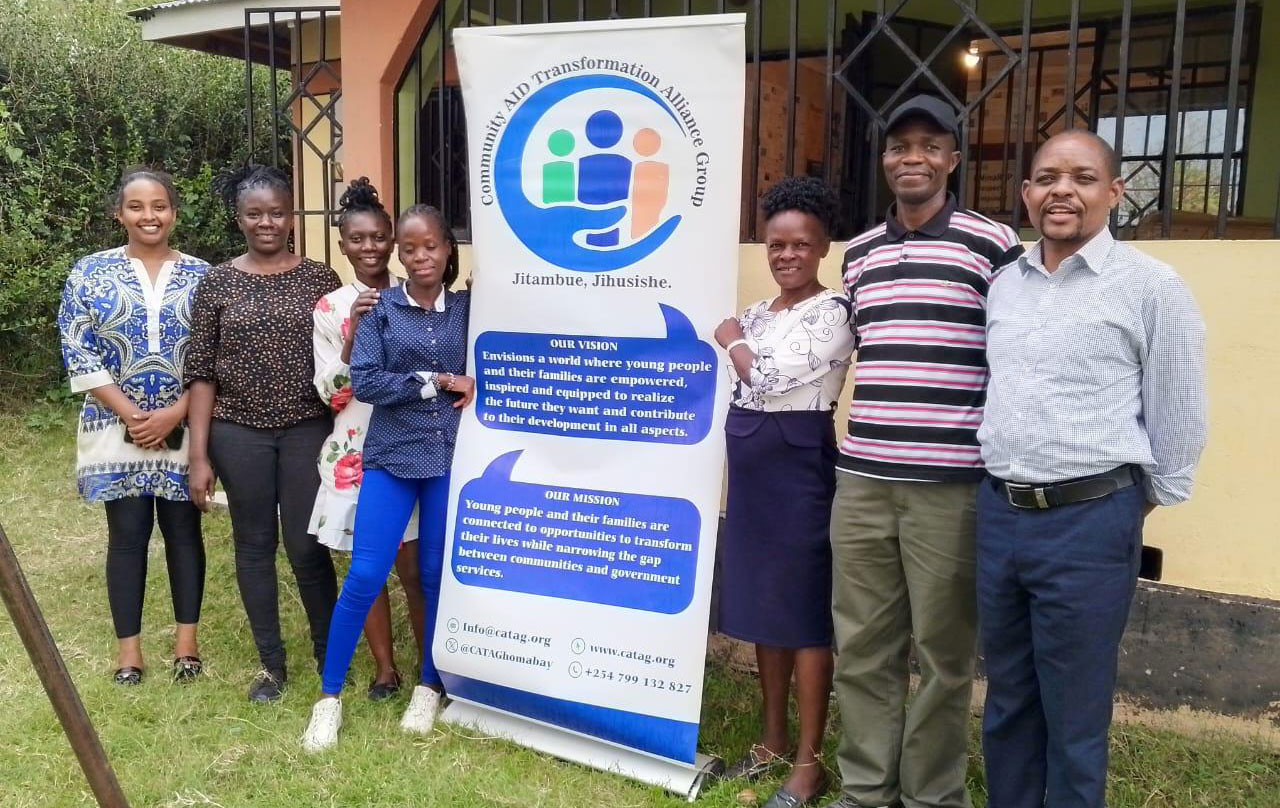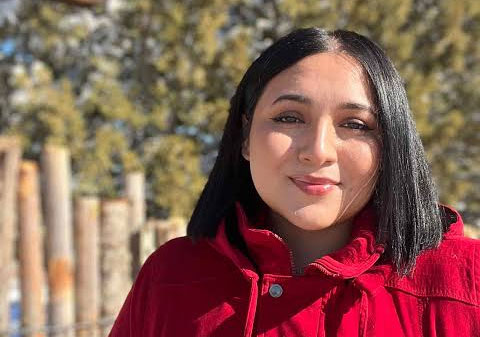The Social Impact Innovation Program—made possible by a generous gift from Ken Hao and Kathy Chiao—provides funding for current Berkeley students to explore and establish community-based projects that improve health equity within and across communities.
Vision
A new generation of innovative and equity-centered public health leaders.
Mission
Encourage students to proactively identify public health challenges, engage directly with the communities affected by these issues, and devise sustainable, people-centered solutions that generate positive impact.
News and Media
- Seven student teams awarded social impact funding
Published February 10, 2025 - Eight student-led teams win inaugural Social Impact Innovation Grants
Published February 20, 2024
2024–2025 Grant Projects
Advancing Resources for Caruthers through Health (ARCH)
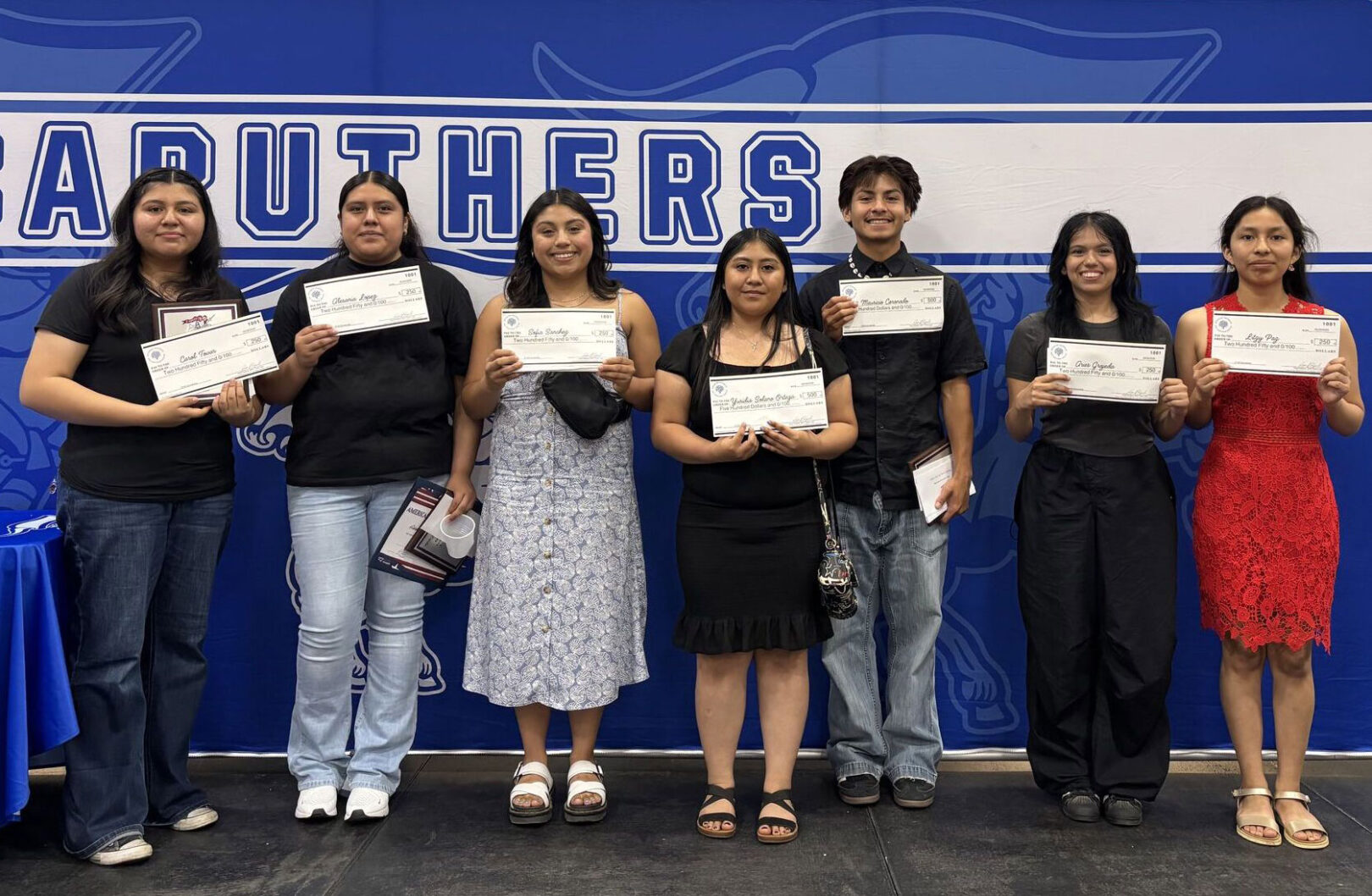
ARCH is organizing a series of health and wellness workshops for families in the rural community of Caruthers, CA. The initiative also partnered with the local UCSF Doctors Academy and awarded the STAR (Striving Through Adversity for Resilience) scholarship to graduating seniors.
Happy Kitchen
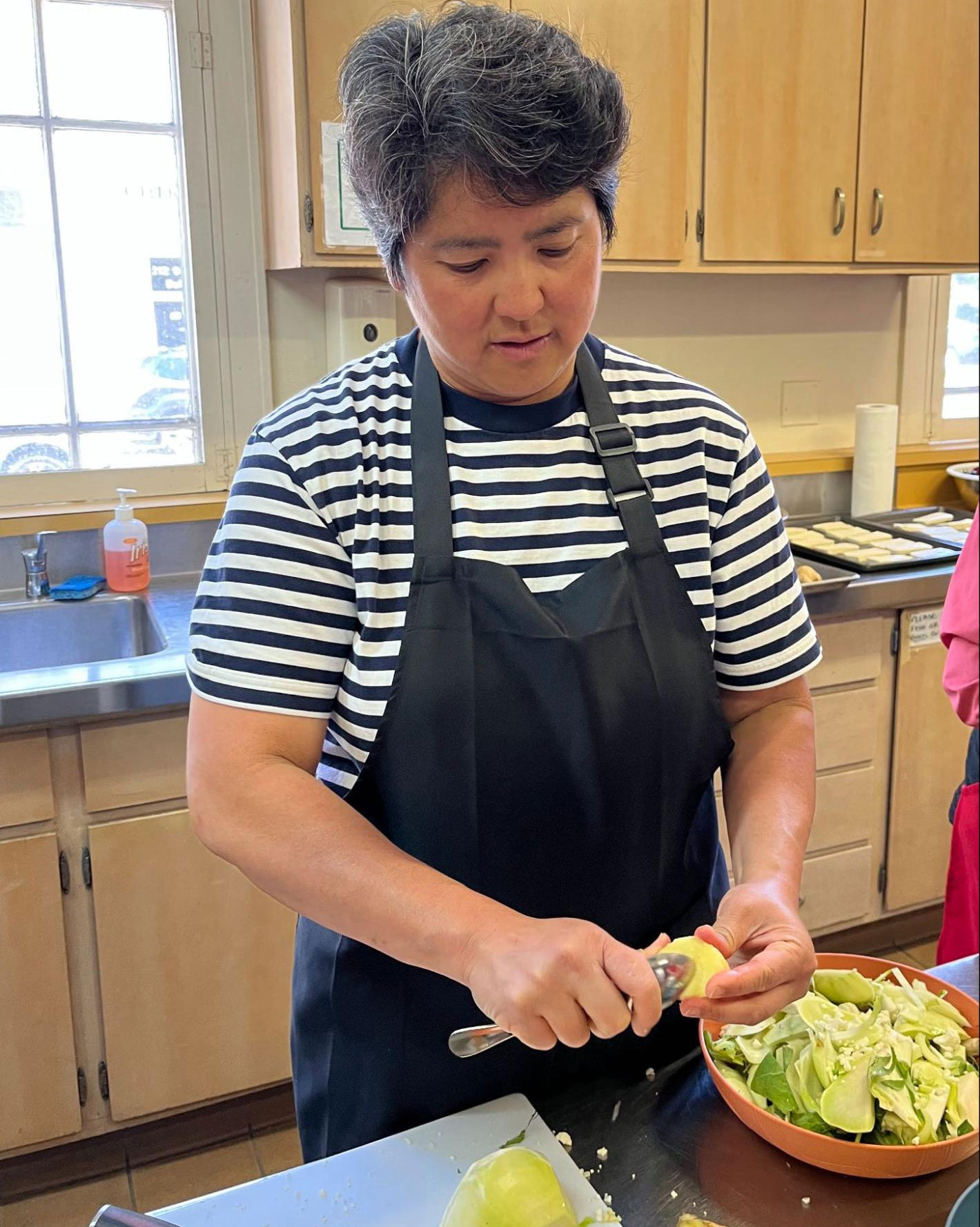
The Happy Kitchen project is supporting the development of a linguistically and culturally tailored lifestyle medicine cooking program focusing on hypertension prevention for the Chinese and Vietnamese communities served by Asian Health Services in Oakland, California.
ida
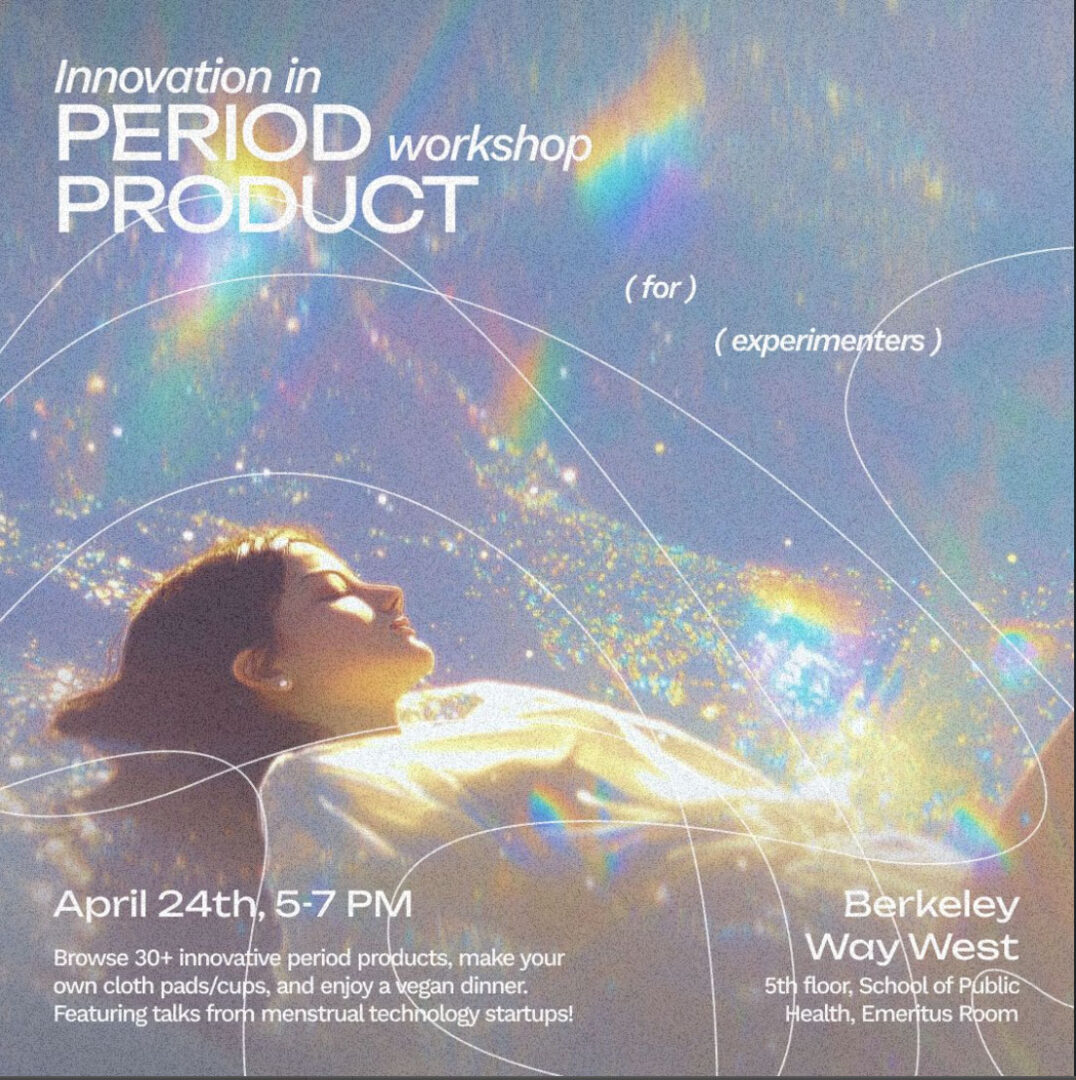
ida is prototyping a small, safe, and reusable cup for menstruation, eliminating the need to remember, repurchase, replace, or adjust products, and significantly improving the quality of life for menstruators.
Richmond Ending Violence
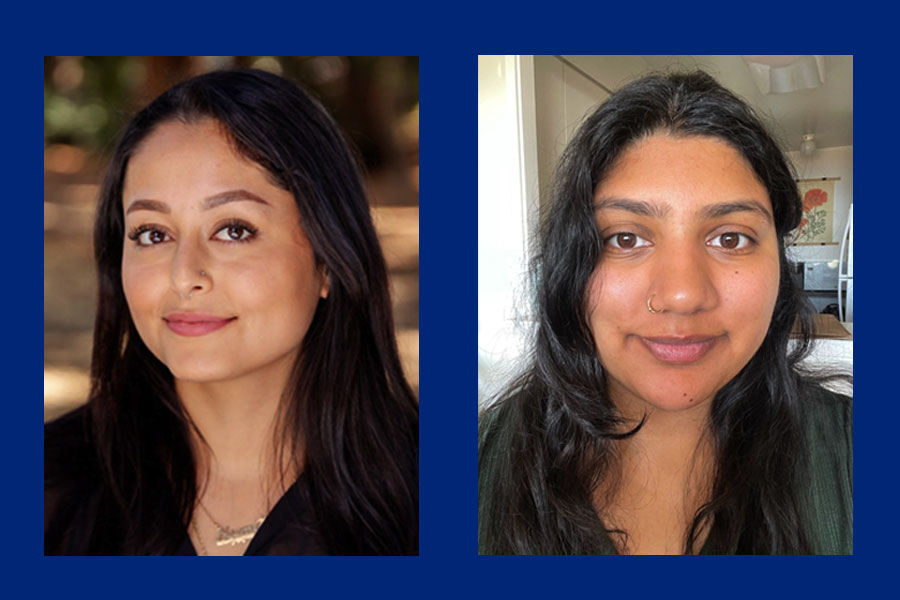
Richmond Ending Violence is collaborating with the Richmond community to address gender-based violence through coalition-building and a community ambassador program.
Stronger Together
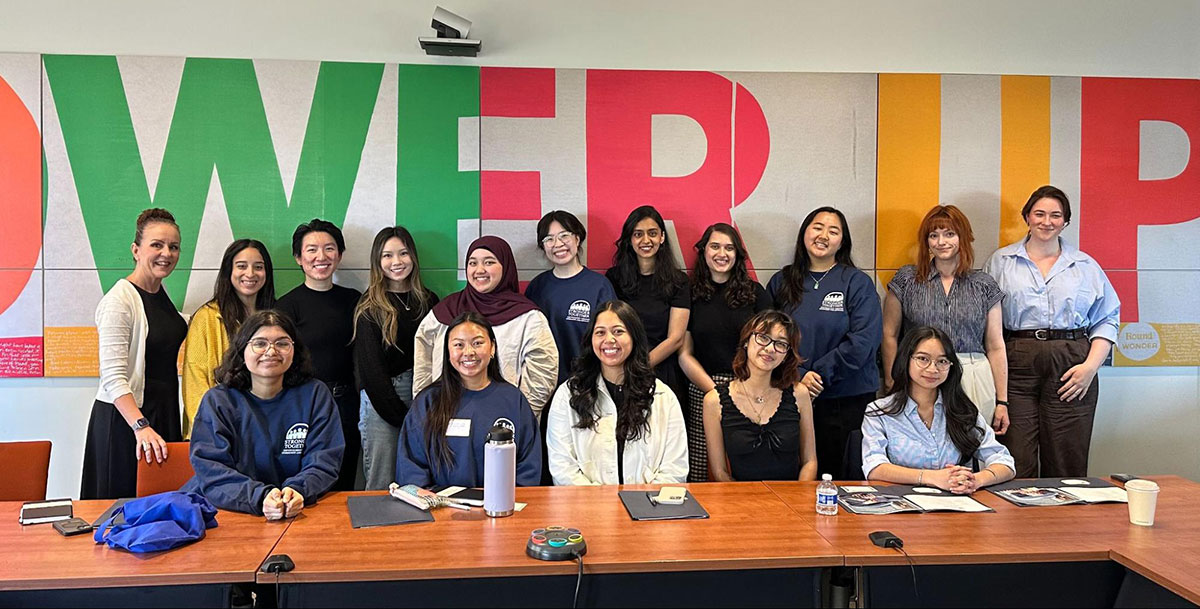
Stronger Together launched a culturally responsive advocacy training for students and community mental health workers supporting underserved Asian American communities in Northern California. The initiative also traveled to Sacramento for an advocacy training with the Steinberg Institute.
The Safety League

The Safety League is collaborating with Navajo Nation to establish a new safety training program for uranium mine remediation based on worker-identified hazards and community concerns.
Voices of the Womb (VOW)
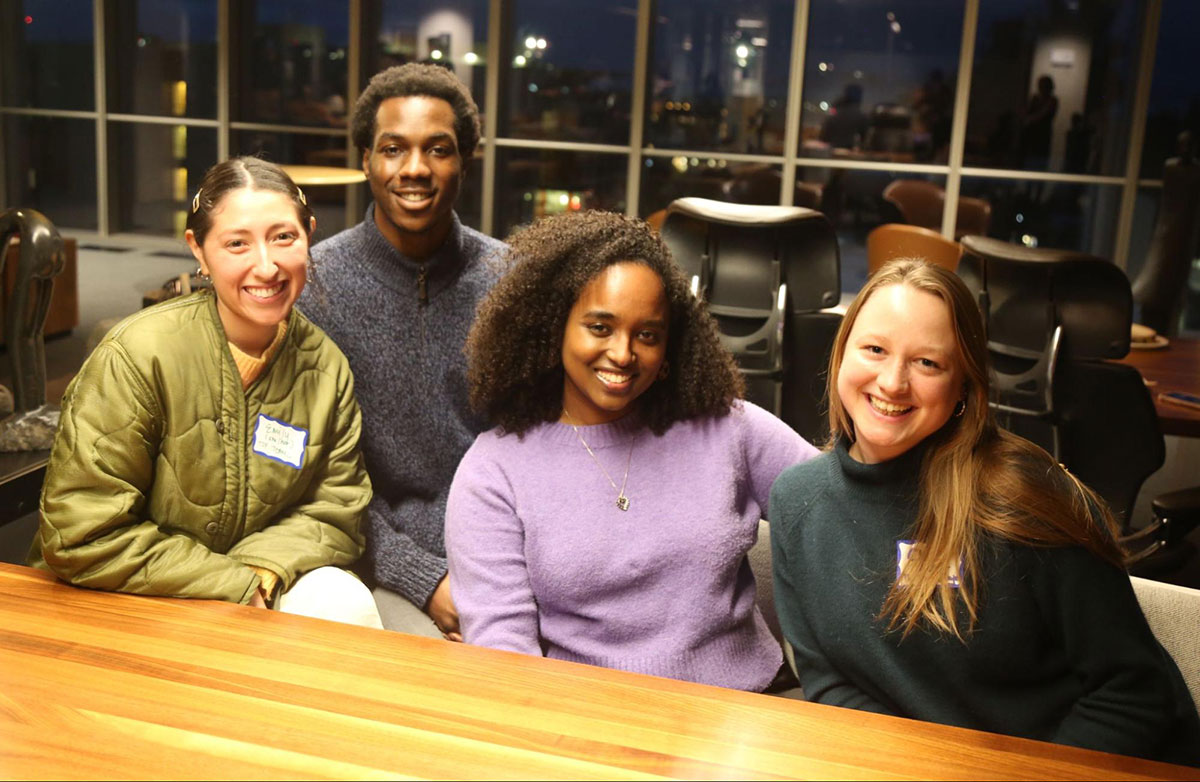
Voices of the Womb is creating an interactive photo exhibit spotlighting the diverse experiences of the Black birthing community through interviews and photography.
-
Click here to see the 2023–2024 SIIP grant projects
Black Lactation Matters

Black Lactation Matters sponsored ten doulas to become Lactation Education Counselors through UC San Diego and hosted a Black Breastfeeding Week Celebration event, bringing together 100 attendees including local families, birthing professionals, nonprofit professionals, local government leaders, and UC Berkeley students.
SPECS

SPECS (Sight for Pupils through Early Childhood Screening) held vision screenings at Head Start Oakland’s health fairs, hosted focus groups to understand barriers to eye care access, and hosted an eye clinic to conduct comprehensive eye exams.
Sofreh Salamati

Sofreh Salamati, meaning “sacred gathering of/for health,” hosted a series of virtual events for Afghan refugee women, centered around spirituality, community-building, and health education.The team also developed programming to support Afghan youth interested in careers in health and medicine.
Building Mental Health Policy Advocacy Capacity for Youth Advocates

Building Mental Health Policy Advocacy Capacity for Youth Advocates developed an advocacy toolkit for burgeoning advocates working to improve mental health policy, with a focus on young people in the Global South.
Supporting Childhood Literacy for BIPOC Children Through Culturally Diverse Books

Supporting Childhood Literacy for BIPOC Children Through Culturally Diverse Books conducted focus groups on early childhood literacy with families in San Francisco and provided culturally relevant and diverse books to the Children’s Health Center at Zuckerberg San Francisco General Hospital and the Claremont Primary Care Clinic at UCSF Benioff Children’s Hospital Oakland.
Improving Access to HIV/AIDS Services for Visually and Hearing impaired Persons

Improving access to HIV/AIDS care services was led by a team of BPH Online students located in Kenya. The team improved access and equity for health care services for Persons Living with Disabilities in Homa Bay County, Kenya, focusing on visually and hearing impaired persons.The team planned, designed, and installed health facility signages translated into Kenyan sign language (KSL) and designed and formatted HIV counseling guidelines into Braille.
Advocacy Within Tribal Governance

Advocacy Within Tribal Governance developed a toolkit and pilot training to assist their tribal leadership’s work to improve the health of their community in New Mexico. They also created a sustaining grassroots community group advocating for health.
Subscribe to our UC Berkeley Public Health Social Impact Newsletter
The Berkeley Public Health Social Impact Team sends out a newsletter bi-monthly (every other month) with the latest in Social Impact at UC Berkeley Public Health.
